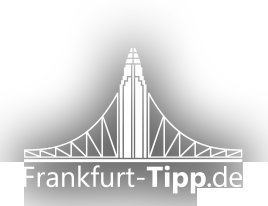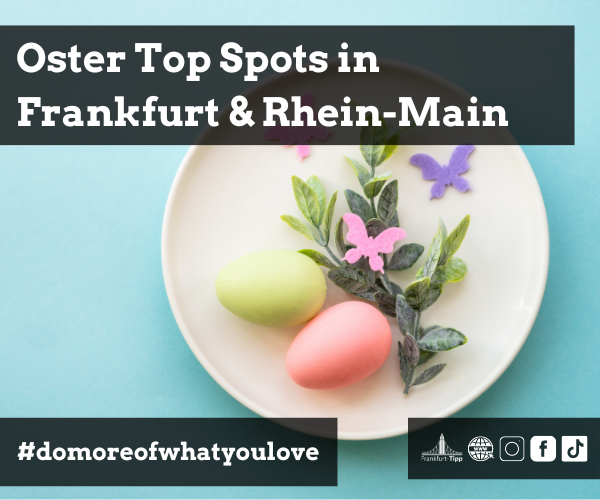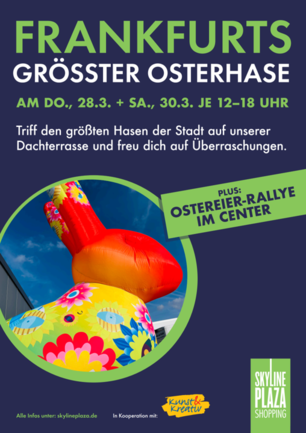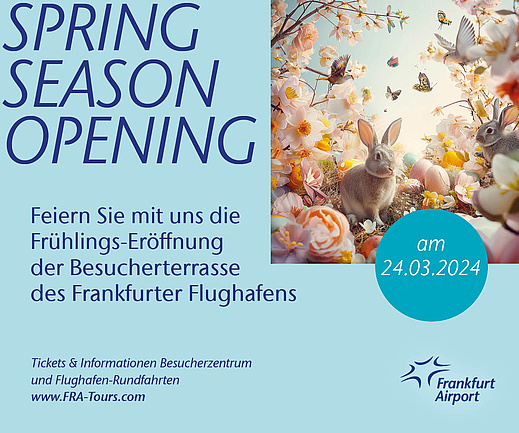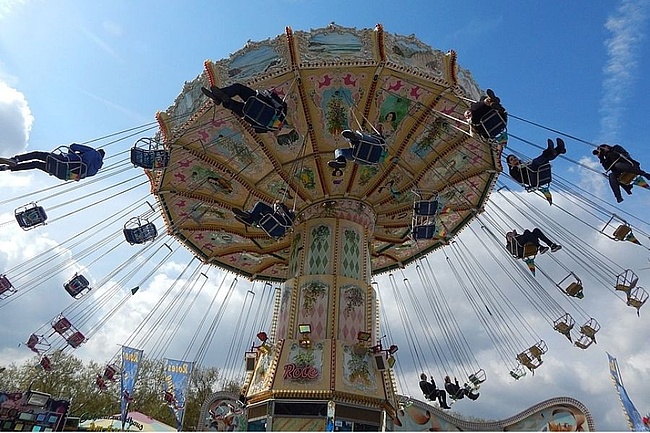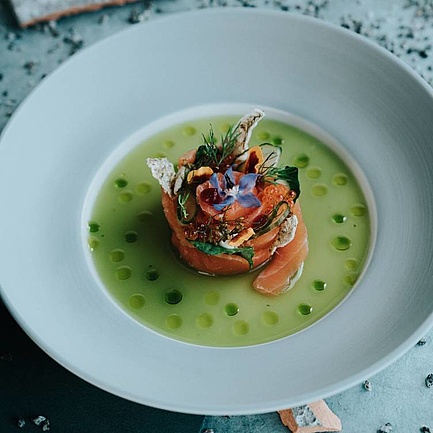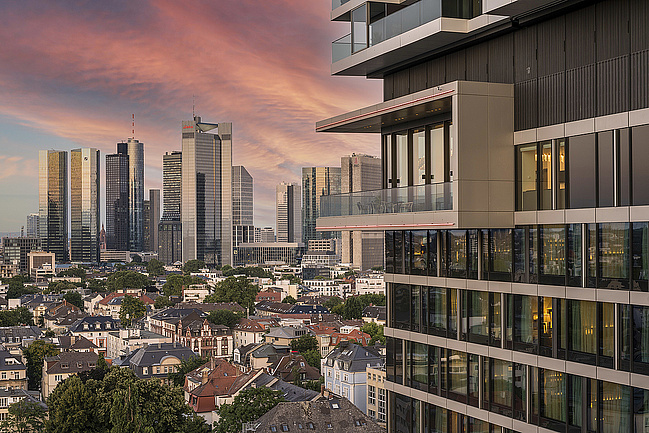Many rites and customs have arisen to celebrate Easter.
Easter fires are lit in the evening of the 1st day of Easter on fields and heights and shine far into the land.
Easter games have been performed in many places since ancient times. Invariably, the content of the plays is the victory of awakening life over the darkness of wintertime. The Christian mystery play of Christ's resurrection fits seamlessly with the pre-Christian spring customs that celebrated the awakening of nature with new life.
A number of Easter symbols, such as Easter eggs and the Easter bunny, existed in ancient times. Many were adopted by Christianity and are still an important part of Easter today.
1. The Easter Egg
The dominant symbol of our Easter celebration today is still the Easter egg.
Eggs are said to have been given away and eaten as fertility symbols, usually dyed red, during spring festivals in ancient Egypt, Persia, Greece and Rome.
Ecclesiastical egg consecration can be traced as far back as the 4th century. In this time eggs were already colorfully painted, as finds from the area of Worms show.
To distinguish them from fresh eggs, plants were added to the water. The juice of onions, spinach or beetroot thus provided the first colourful Easter eggs.
Artfully painted eggs first appeared in the 13th century.
The egg is the source of life itself and stands as a symbol for the origin of life. Boiling them at Easter probably comes from their use as currency in the 12th century. Since people traditionally paid their debts on Maundy Thursday, many eggs were saved until that day and preserved by boiling them.
The Easter egg today
The Easter egg is a chicken egg usually colored with natural vegetable dyes, sometimes painted with designs, which is traditionally given away or eaten at Easter.
Blown and often ornately painted or pasted eggs are used as decorations at Easter. Famous for their splendor and also expensive are the bejeweled Easter eggs from Fabergé.
2. The Easter Bunny
The hiding of Easter eggs dates back to the 17th century. The church consecration of red Easter eggs is first attested in 1553. In custom, the Easter Bunny is a hare that paints eggs and hides them in the garden at Easter.
The hare is a sign of fertility.
Both the Greek goddess of love, Aphrodite, and the Germanic goddess of fertility, Ostera, were assigned a hare as a sacred animal. The first evidence of the Easter hare dates back to 1678 and was given by Georg Franck von Franckenau, a professor of medicine from Heidelberg. The custom originated more than three hundred years ago in Alsace, the Palatinate and the Upper Rhine. In Zurich, the Easter bunny has been handed down from old records as the bringer of eggs. The timing of Easter also suggests a connection with the hare. Easter is celebrated on the first Sunday of the spring full moon and the hare is considered a lunar animal.
However, the Easter bunny is not the only bringer of Easter eggs.
In Schleswig-Holstein, Upper Bavaria and Austria the cock, in the Westphalian or Hanoverian area the fox, in Switzerland the cuckoo, in Thuringia the stork was considered the bringer of the eggs.
In German folklore there are many small, mostly funny verses about the Easter bunny, such as:
Unterm tree in the green grass
Sitzt ein kleiner Osterhas'!
Trims his beard and pricks up his ear,
Makes a little man, peeps out.
Then leaps away with a bound
And a little saucy sparrow
Now looks to see what is there.
And what is it? An Easter egg!
Easter bunny, come to me,
come to our garden!
Bring us eggs, two, three, four,
don't make us wait so long!
Lay them in the green grass,
dear, good Easter bunny.
Dear good Easter bunny'
Bring us children 'something.
Red, green, yellow eggs,
for the beautiful Easter celebration.
Behind birch trees, behind beech trees,
we'll look for the eggs.








